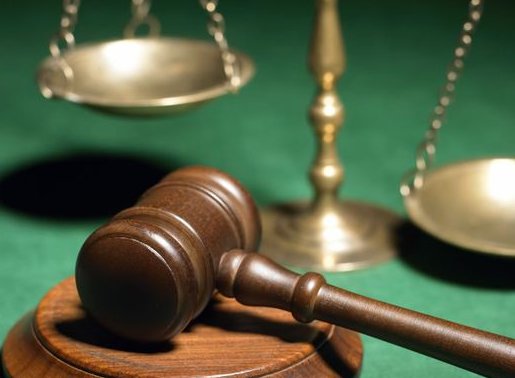LOWRY/Bragg is already losing
You don’t know what’s in the indictment.
That was the line that progressives repeatedly threw at conservatives dubious about Manhattan District Attorney Alvin Bragg’s case over the last couple of weeks.
Well, we’ve seen the unsealed indictment, and we still don’t know the other crime besides falsifying business records that’s being alleged, because Bragg didn’t specify it in a shocking prosecutorial failure and abuse of the process.
What will be the new talking point? You don’t know what Bragg might come up with between now and the next hearing on Dec. 4?
To review, Donald Trump paid off porn star Stormy Daniels, with whom he had an alleged affair, prior to the 2016 election. Such hush payments may be sleazy, but they aren’t illegal.
Still, the reimbursements from the Trump Organization to Trump fixer Michael Cohen, who paid off Daniels, were logged as legal expenses. This was deceptive and potentially a misdemeanor. Dragging a former president through the criminal justice process just to get him on such a minor offense, though, was unappealing even to Bragg.
How to make the misdemeanors into felonies? Well, if the misleading bookkeeping entries were in the service of another crime, then, presto, they become alleged felonies. Bragg, through the process known as stacking, or amassing counts through sheer repetition, claims to have 34 of them.
That’s a lot. But the linchpin of the whole endeavor is the other crime, and Bragg still won’t tell us, or the accused, what it is.
He’s writing an Agatha Christie mystery, except the unknown isn’t who committed the crime but what law he or she might have violated. It’s “Something or Other, We’ll Let You Know as Soon as We Figure It Out, on the Orient Express.”
This is a flaw, not in the handling of some low stakes case no one will ever know about, but an unprecedented, historic case. This prosecution has drawn massive media attention, has rocketed Trump back to a large lead in the polls for the Republican nomination, and will surely further derange our politics, with unforeseeable consequences.
And Bragg couldn’t even dot his i’s. Perhaps the most encouraging aspect of this sorry episode so far is that Bragg has demonstrated that it’s possible to behave so egregiously in the pursuit of Donald Trump that even left-of-center pundits won’t line up in support.
This might not be enormously confidence-inducing, but at a time of deep divisions, it shows that a disgracefully weak and contrived prosecution is a source of at least a measure of agreement among commentators usually wholly opposed to one another.
Who knew that Alvin Bragg would become a unifying force in the nation’s political debate?
The online publication Slate, a reliable source of some of the worst legal analysis on the internet, has run two doubtful pieces about the indictment. Mark Joseph Stern notes that “Bragg’s legal theory is, if not convoluted, a fairly confusing effort to patch together disparate offenses into one alleged crime, carried out over 34 illegal payments.”
Over at Vox, Ian Millhiser, usually a taker on any adventurous progressive legal theory, can’t get on board the Bragg Train on this one: “It is unclear that the felony statute that Trump is accused of violating actually applies to him.”
Ruth Marcus of The Washington Post warned about the potential weakness of the case prior to the unsealing of the indictment and is now decidedly unimpressed. She calls it “disturbingly unilluminating, and the theory on which it rests is debatable at best, unnervingly flimsy at worst.”
Former FBI deputy director Andrew McCabe, a top Trump villain, said the indictment “landed like a dud ... an unimpressive document.”
Pundits won’t determine the course of the Bragg prosecution, but the climate around it matters, if nothing else, as a barometer of its strength and merits. It is telling that Bragg has managed to create a loose right—left consensus about the shoddiness of his handiwork.
Rich Lowery is editor of National Review, a leading conservative magazine founded by William F. Buckley.



